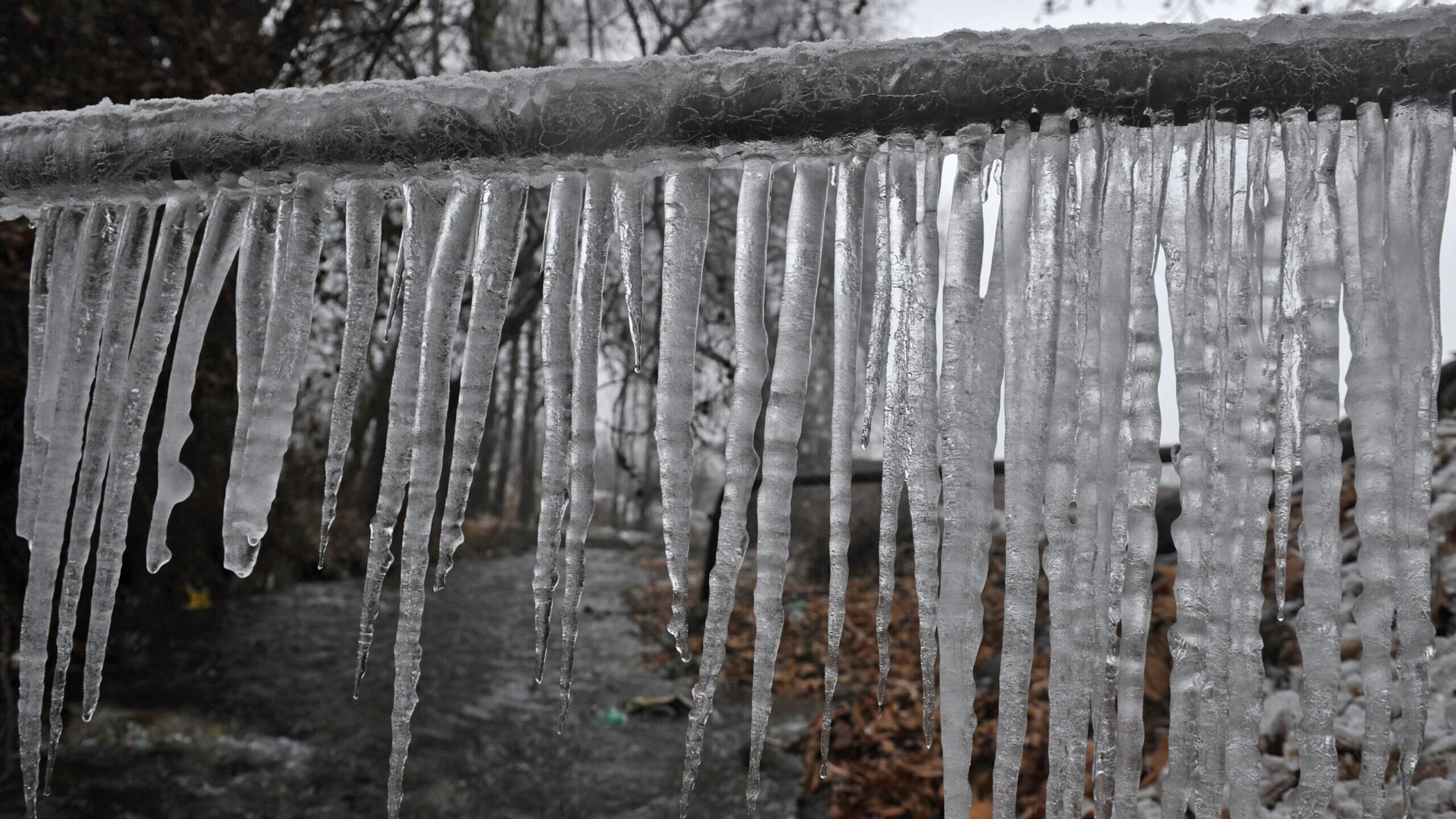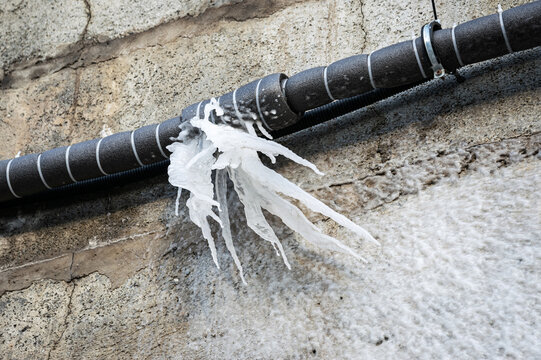Protecting Against Frozen Plumbing in Cold Weather: Expert Tips
Protecting Against Frozen Plumbing in Cold Weather: Expert Tips
Blog Article
How do you actually feel in relation to How to Prevent Your Pipes From Freezing?

Winter can wreak havoc on your pipes, specifically by freezing pipes. Right here's just how to prevent it from occurring and what to do if it does.
Intro
As temperature levels decline, the risk of frozen pipes boosts, potentially causing expensive fixings and water damages. Recognizing just how to stop icy pipelines is vital for house owners in chilly climates.
Comprehending Frozen Pipelines
What triggers pipes to freeze?
Pipelines ice up when revealed to temperature levels listed below 32 ° F (0 ° C) for expanded durations. As water inside the pipelines ices up, it broadens, taxing the pipeline wall surfaces and possibly creating them to burst.
Risks and damages
Frozen pipelines can result in water supply disturbances, building damage, and costly repairs. Burst pipelines can flood homes and trigger considerable structural damage.
Indications of Frozen Piping
Identifying frozen pipes early can prevent them from breaking.
Just how to recognize icy pipes
Search for decreased water flow from taps, unusual odors or sounds from pipelines, and visible frost on revealed pipelines.
Prevention Tips
Insulating at risk pipes
Cover pipelines in insulation sleeves or use warmth tape to safeguard them from freezing temperature levels. Concentrate on pipelines in unheated or outside locations of the home.
Heating strategies
Keep indoor spaces appropriately heated, specifically areas with plumbing. Open cupboard doors to permit warm air to distribute around pipes under sinks.
Protecting Exterior Plumbing
Yard hose pipes and outdoor taps
Separate and drain pipes garden pipes before wintertime. Mount frost-proof spigots or cover outside faucets with shielded caps.
What to Do If Your Pipes Freeze
Immediate actions to take
If you believe icy pipes, keep taps available to relieve pressure as the ice melts. Use a hairdryer or towels soaked in hot water to thaw pipelines gradually.
Long-Term Solutions
Architectural changes
Take into consideration rerouting pipes away from outside walls or unheated areas. Include extra insulation to attic rooms, basements, and crawl spaces.
Updating insulation
Purchase premium insulation for pipelines, attics, and wall surfaces. Appropriate insulation aids preserve regular temperatures and lowers the risk of icy pipelines.
Conclusion
Protecting against frozen pipes calls for proactive steps and fast responses. By comprehending the causes, indicators, and safety nets, house owners can protect their pipes throughout cold weather.
Helpful Tips to Prevent Frozen Pipes this Winter
UNDERSTANDING THE BASICS: WHY PIPES FREEZE AND WHY IT’S A PROBLEM
Water freezing inside pipes is common during the winter months, but understanding why pipes freeze, and the potential problems it can cause is crucial in preventing such incidents. This section will delve into the basics of why pipes freeze and the associated problems that may arise.
THE SCIENCE BEHIND FROZEN PIPES
When water reaches freezing temperatures, it undergoes a physical transformation and solidifies into ice. This expansion of water as it freezes is the primary reason pipes can burst. As the water inside the pipe freezes, it expands, creating immense pressure on the walls. If the pressure becomes too great, the pipe can crack or rupture, leading to leaks and water damage.
FACTORS THAT CONTRIBUTE TO PIPE FREEZING
Low Temperatures: Extremely cold weather, especially below freezing, increases the risk of pipes freezing. Uninsulated or Poorly Insulated Pipes: Pipes located in unheated areas, such as basements, crawl spaces, or attics, are more prone to freezing. Insufficient insulation or lack of insulation altogether exacerbates the problem. Exterior Wall Exposure: Pipes running along exterior walls are susceptible to freezing as they encounter colder temperatures outside. Lack of Heating or Temperature Regulation: Inadequate heating or inconsistent temperature control in your home can contribute to frozen pipes. PROBLEMS CAUSED BY FROZEN PIPES
- Pipe Bursting: As mentioned earlier, the expansion of water as it freezes can cause pipes to burst, resulting in significant water damage.
- Water Damage: When pipes burst, it can lead to flooding and water damage to your property, including walls, ceilings, flooring, and personal belongings.
- Structural Damage: Prolonged exposure to water from burst pipes can compromise the structural integrity of your home, leading to costly repairs.
- Mold and Mildew Growth: Excess moisture from water damage can create a favorable environment for mold and mildew growth, posing health risks to occupants.
- Disrupted Water Supply: Frozen pipes can also result in a complete or partial loss of water supply until the issue is resolved.
WHY CERTAIN PIPES ARE MORE PRONE TO FREEZING
- Location: Pipes located in unheated or poorly insulated areas, such as basements, crawl spaces, attics, or exterior walls, are at higher risk of freezing.
- Exterior Pipes: Outdoor pipes, such as those used for irrigation or exposed plumbing, are particularly vulnerable to freezing as they are directly exposed to the elements.
- Supply Lines: Pipes that carry water from the main water supply into your home, including the main water line, are critical to protect as freezing in these lines can affect your entire plumbing system.
- Underground Pipes: Pipes buried underground, such as those connected to sprinkler systems or outdoor faucets, can be susceptible to freezing if not properly insulated.
https://busybusy.com/blog/helpful-tips-to-prevent-frozen-pipes-this-winter/

Do you appreciate reading up on How to Prevent Your Pipes From Freezing? Leave a remark directly below. We would be glad to know your thinking about this page. We hope that you visit us again before long. Enjoyed reading our posting? Please quickly share it. Let somebody else locate it. We enjoy your readership.
Request Service Report this page